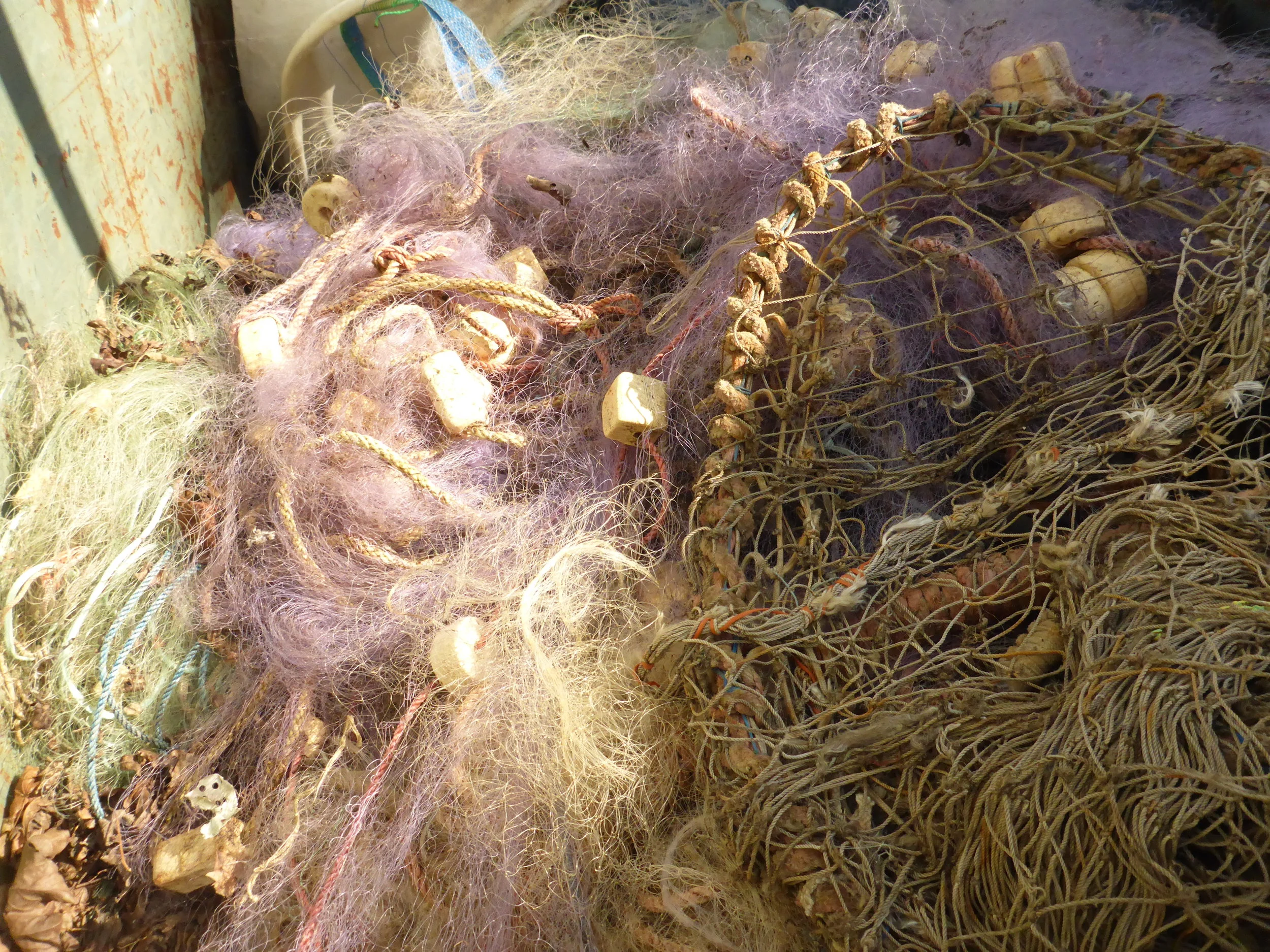THE MARELITT BALTIC FINAL CONFERENCE!
On behalf of the project group, we would like to give a warm thank you to all the participants of the MARELITT Baltic Final Conference in Stockholm.
For the last three years, partners of the MARELITT Baltic project have been working to reduce the impact of derelict fishing gear, ghost nets, in the Baltic Sea. The project has covered many aspects of the problem – such as mapping, retrieval, recycling and prevention. The result of our work is a handbook called The Baltic Sea Blueprint that was a presented during the first day of the final conference. It is a roadmap on how to approach derelict fishing gear in a sustainable way, both for today and for the future.
The two days in Stockholm was a great success where all the different aspects of the DFG issue was presented and discussed. We heard presentations providing both solutions and mitigating options from not only the Baltic Sea area but from many different areas and seas.
Presentations from the two days can be found under the speakers pages. The presentation from the MARELITT Baltic project team can be found HERE

want to see the full documentary “silent killers in the baltic sea”? click here.
May the 9th the last remaining big-bags with ghost nets retrieved from Swedish waters during 2017-2018 within project MARELITT Baltic, was transported from Skillinge harbour to a plastic waste collection plant in Sotenäs municipality on the Swedish west coast.
The Food and Agriculture Organisation of the United Nations (FAO) invited MARELITT Baltic to a workshop on marine litter during the Fish Forum 2018 in Rome, Italy. The workshop focused on plastic litter from the fisheries sector. With 40 international participants, the topic raised a keen interest among FAO fisheries representatives, NGOs, scientists as well as fishing harbour managers and fisheries associations.
On the 20–21st of March 2019, the MARELITT Baltic project will host The Final Conferece in Stockholm. For the first time, we will present The Baltic Sea Blueprint – a handbook on how to approach lost and discarded fishing gear in terms of mapping, retrieval, recycling and prevention. More information will soon be available.
When derelict fishing gear (DFG) is retrieved from the sea, the material is highly mixed and contains metal anchors, chains, organic matter, and other marine litter as well as nets, ropes, float and sink lines. So how could retrieved fishing gear be treated to enter the value and recycling chain? And what preparation is necessary for a full recycle scheme? Read more about this in our new released recycling report.
One of the critical challenges of the MARELITT Baltic project is to identify more cost-efficient techniques – enabling more environmentally friendly, smoother and more accurate ways to detect and locate lost fishing gears. One potential way is to use hydro-acoustic surveying, like side-scan sonars. Read more in the new released report!
On the 19-20th of September, MARELITT Baltic partners and invited experts from Sweden, Poland and Estonia gathered for a two day seminar and site-visit in Tallinn, Estonia. The venue of the event was the newly opened Film Museum situated in Tallinn Pirita area near the coast of the Gulf of Finland.
The MARELITT Baltic project are now performing an experiment to explore tools that can be used for mapping of areas with lost fishing gear. Through this experiment, we offer insitutes a chance to test hydro-acoustic instrument on two verified and authentic objects.
During summer, we will have a short break in our updates about the project. We will be back in August, for sure. Don't forget to enjoy all that the Baltic Sea has to offer during summertime, and remember to cherish it – by not leaving discarded fishing gear or litter of any kind. We wish you all a pleasant summer!
Within the MARELITT Baltic project, we investigate the options for ecologically sound retrieval of derelict fishing gear (ALDFG), from the Baltic Sea. With the aim of identifying environmentally sound retrieval techniques, the ecological impacts of different retrieval methods on the marine environment have been analysed.
This week was the start for diving activities on wrecks off the Swedish south coast. Diving activities have already been carried out in Germany and will also be carried out in both Estonia and Poland during the summer.













